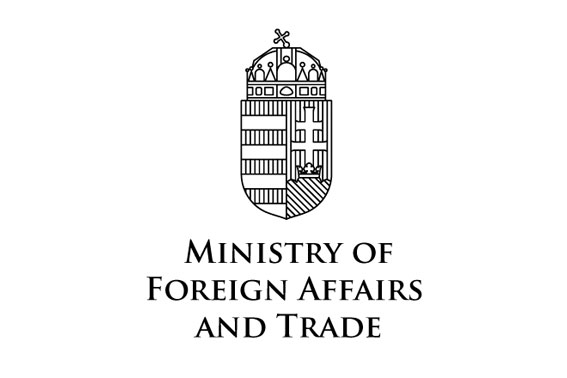European Regional Development Fund
Consultation on the long-term future of cross-border cooperation

Content
DEADLINE FOR CONTRIBUTIONS: 14 MARCH 2021
The EU internal border regions cover 40% of the EU's territory, accounting for 30% of its population (150 million people) and hosting almost 2 million cross-border commuters of which 1.3 million are cross border workers. Since the establishment of the Single Market in 1992, many new opportunities have been created in border regions, and these regions have ceased to be peripheries and have become places of growth.
Nevertheless, many obstacles still remain. Citizens living in border regions continue to encounter difficulties in their daily lives, whether it be finding a job, accessing healthcare, everyday commuting or overcoming administrative problems. Similarly, businesses face obstacles that hamper their growth and limit their potential.
A 2017 study suggests that border regions could on average be potentially 8% richer if all current barriers were removed and all used a common language. This scenario is difficult to attain, however, if only 20% of the existing obstacles were removed, border regions would still gain 2% in GDP. Faced with the difficult recovery ahead, the border regions would strongly benefit from the removal of these obstacles.
Following experiences from the COVID-19 crisis and the many experiences we gathered through the CoR's COVID-19 platform, in order to ensure that border regions do not face further setbacks, a new momentum and a long-term vision is needed to make border regions the engines for European solidarity and cooperation.
Importantly, cross-border cooperation is not only about the remaining obstacles. This EU policy is about the opportunities in a common Europe. It is about unleashing the dormant potential of our continent. In addition, it is essentially about European democracy.
Starting with the direct elections and progressive empowerment of the European Parliament, the creation and development of a European citizenship and the creation and the progressive empowerment of the European Committee of the Regions, Europe has chosen the firm path of a Europe of the citizens. The cross-border dimension of European democracy is still very underdeveloped but needs to grow if the European Union wants to have a genuine European democracy.
To that end, the CoR, in cooperation with European Cross Border Citizens' Alliance members is launching public consultations on the joint vision of the long-term future of cross-border cooperation in the European Union which will be a basis for a CoR resolution planned for adoption at the July 2021 plenary.
This resolution will present concrete proposals for the future of cross-border cooperation and constitute the official contribution of the CoR, and the European Cross Border Citizens' Alliance members, to the Conference on the Future of Europe.
Source: https://ec.europa.eu/eusurvey/runner/longtermfutureCrossborderCooperation










